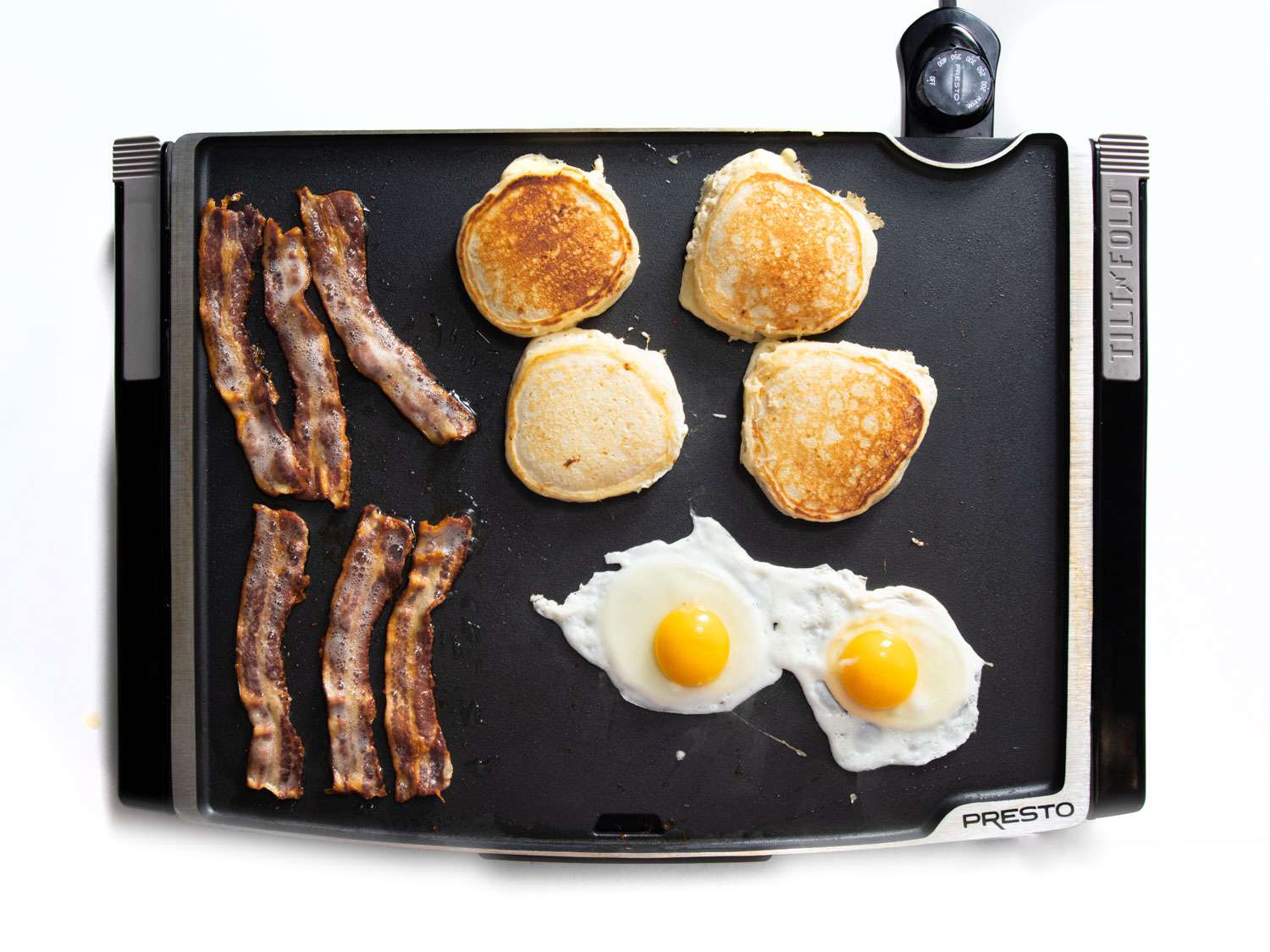

Articles
What Temp Should I Cook Eggs Electric Skillet
Modified: May 6, 2024
Discover the ideal cooking temperature for eggs in your electric skillet with our informative articles. Find out how to cook eggs perfectly every time.
(Many of the links in this article redirect to a specific reviewed product. Your purchase of these products through affiliate links helps to generate commission for Storables.com, at no extra cost. Learn more)
Introduction
When it comes to cooking eggs in an electric skillet, finding the perfect temperature can make all the difference. The right temperature ensures that your eggs are cooked to perfection, with a delicious taste and a desirable texture.
An electric skillet offers precise temperature control, allowing you to easily adjust the heat according to your preference. However, understanding the ideal temperature for cooking eggs in an electric skillet is crucial to achieve the best results.
In this article, we will explore the factors that affect cooking temperature in an electric skillet and discuss the recommended temperatures for cooking eggs. We will also provide you with some valuable tips on adjusting the temperature to ensure that your eggs are cooked to perfection every time.
So, whether you enjoy a classic sunny-side-up, a fluffy omelette, or a tender poached egg, read on to discover the optimal temperatures for cooking eggs in an electric skillet and elevate your egg-cooking game to a whole new level.
Key Takeaways:
- Mastering the art of cooking eggs in an electric skillet requires understanding the factors affecting temperature and adjusting it for each dish, from sunny-side-up to poached eggs.
- Experiment, practice, and fine-tune your electric skillet’s temperature settings to achieve perfectly cooked eggs every time, whether it’s a fluffy omelette or a tender poached egg.
Read more: What Temp Is Simmer With An Electric Skillet
Factors Affecting Cooking Temperature in an Electric Skillet
Several factors come into play when determining the optimal cooking temperature for eggs in an electric skillet. Understanding these factors will help you achieve the desired texture and flavor in your cooked eggs:
- Heat Output: Electric skillets differ in their heat output capacity. Some models have lower heat settings, while others can reach higher temperatures. It is important to familiarize yourself with your electric skillet’s heat settings and understand how they correspond to the desired cooking temperature for eggs.
- Pan Material: The material of the electric skillet can also affect the cooking temperature. Stainless steel and cast iron skillets tend to retain heat more effectively, while non-stick skillets may heat up quickly but cool down faster. Keep this in mind and adjust the temperature accordingly to achieve desired results.
- Egg Preparation: The preparation method of the eggs can impact the cooking temperature. Whisking the eggs or adding extra ingredients like vegetables or cheese may require slightly higher cooking temperatures to ensure thorough cooking.
- Desired Doneness: The desired doneness of the eggs plays a significant role in determining the cooking temperature. If you prefer your eggs runny, a lower temperature would be suitable. For well-cooked eggs, a higher temperature should be used.
- Skillet Size: The size of the electric skillet can affect the distribution of heat. A larger skillet may require more time or a slightly higher temperature to reach the desired cooking temperature evenly.
Considering these factors, it is essential to make adjustments to the cooking temperature in your electric skillet to achieve the desired results when cooking eggs. Let’s now explore the recommended temperature ranges for different egg preparations in an electric skillet.
Recommended Temperature for Cooking Eggs in an Electric Skillet
When it comes to cooking eggs in an electric skillet, the recommended temperature varies depending on the type of egg preparation. Here are the optimal temperature ranges for different egg dishes:
- Sunny-Side-Up Eggs: For perfectly cooked sunny-side-up eggs with set whites and a runny yolk, set your electric skillet temperature to around 325°F (163°C). This temperature allows the whites to cook slowly while keeping the yolk soft and runny.
- Scrambled Eggs: Scrambled eggs require slightly higher heat to ensure even cooking. Set your electric skillet temperature between 350°F (177°C) and 375°F (191°C) for fluffy and nicely scrambled eggs. Start at the lower end of the temperature range and adjust as needed.
- Omelettes: Omelettes are best cooked at a medium heat setting. Set your electric skillet temperature to around 325°F (163°C) for a tender and evenly cooked omelette. This temperature allows the omelette to set without browning too quickly.
- Poached Eggs: Poached eggs require a gentle heat to achieve a soft, runny yolk while ensuring that the whites are fully cooked. Set your electric skillet temperature to approximately 180°F (82°C) for perfectly poached eggs. Make sure the water in the skillet is just simmering, not boiling.
- Hard-Boiled Eggs: If you prefer hard-boiled eggs, you can use your electric skillet to achieve consistent results. Fill the skillet with enough water to cover the eggs and bring it to a boil. Then, reduce the heat to low and let the eggs simmer for about 10-12 minutes.
Remember that these recommended temperature ranges serve as a starting point. Depending on your electric skillet’s heat output and the desired doneness of your eggs, you may need to make slight adjustments to achieve the perfect result.
Now that we’ve explored the recommended temperatures for different egg preparations in an electric skillet, let’s move on to some useful tips for adjusting and maintaining the temperature in your skillet.
Cook eggs in an electric skillet at a low to medium heat, around 250-300°F. This will prevent them from cooking too quickly and becoming rubbery.
Tips for Adjusting Temperature in an Electric Skillet
Having control over the temperature is essential for cooking eggs to perfection in an electric skillet. Here are some tips to help you adjust and maintain the temperature for optimal results:
- Preheat the Skillet: Before adding any ingredients, preheat your electric skillet for a few minutes at the desired temperature. This ensures that the skillet reaches an even heat throughout and provides a consistent cooking surface.
- Use a Thermometer: To ensure accuracy, use a food thermometer to measure the cooking temperature of the skillet. This will help you adjust the temperature more precisely and avoid overcooking or undercooking your eggs.
- Monitor the Heat Output: Keep an eye on the heat output of your electric skillet. Some skillets may have temperature variations, so you may need to adjust the dial accordingly to maintain the desired cooking temperature.
- Make Incremental Adjustments: If you find that your eggs are cooking too quickly or too slowly, make small adjustments to the temperature. Increase or decrease the heat gradually until you find the ideal cooking temperature for your specific electric skillet.
- Cover the Skillet: For certain preparations like omelettes or scrambled eggs, covering the skillet with a lid or a foil tent can help maintain a steady temperature and promote even cooking.
- Experiment and Learn: Every electric skillet is different, so it may take a few attempts to find the perfect temperature for your preferred egg dishes. Don’t be afraid to experiment and make note of the adjustments you make to achieve the best results.
- Consider the Cooking Surface: If you are using a non-stick electric skillet, keep in mind that it heats up quickly but cools down faster. Adjust the temperature accordingly to prevent your eggs from overcooking.
By following these tips, you will be able to fine-tune the temperature settings in your electric skillet to achieve perfectly cooked eggs every time. Remember that practice makes perfect, and with time, you will become more comfortable and confident in adjusting the temperature to suit your preferences.
Conclusion
Cooking eggs in an electric skillet can be a delightful and rewarding experience, but finding the right temperature is key to achieving perfect results. By considering factors such as heat output, pan material, egg preparation, desired doneness, and skillet size, you can make informed adjustments to the cooking temperature.
For sunny-side-up eggs, aim for a temperature of around 325°F (163°C) to get that perfect balance of cooked whites and a deliciously runny yolk. Scrambled eggs turn out fluffy and tasty when cooked at a temperature range of 350°F (177°C) to 375°F (191°C). Omelettes are best cooked at around 325°F (163°C), while poached eggs require gentle simmering at approximately 180°F (82°C) to achieve that ideal runny yolk.
Remember, these temperatures serve as guidelines, and you may need to make adjustments based on your skillet’s specifications and personal preferences. Preheating the skillet, using a food thermometer, monitoring the heat output, and making incremental adjustments are all valuable techniques to help you maintain the desired cooking temperature.
Experimentation and practice will ultimately lead you to discover the sweet spot for cooking eggs in your electric skillet. Take note of the adjustments you make and learn from each cooking session to continuously refine your technique.
So, whether you enjoy a traditional sunny-side-up, a fluffy omelette, or a perfectly poached egg, use the recommended temperature ranges and tips provided in this article to elevate your egg-cooking game to new heights.
With the right temperature and a little bit of practice, you’ll be serving up delicious, perfectly cooked eggs that are sure to impress your family and friends.
Now that you've mastered cooking eggs in an electric skillet, why not expand your culinary skills with other electric appliances? Learn how to whip up delicious carrots using an electric pressure cooker. This guide simplifies electric cooking methods, ensuring you can prepare tasty, healthy dishes with ease. Don't miss out on these valuable cooking insights!
Frequently Asked Questions about What Temp Should I Cook Eggs Electric Skillet
Was this page helpful?
At Storables.com, we guarantee accurate and reliable information. Our content, validated by Expert Board Contributors, is crafted following stringent Editorial Policies. We're committed to providing you with well-researched, expert-backed insights for all your informational needs.
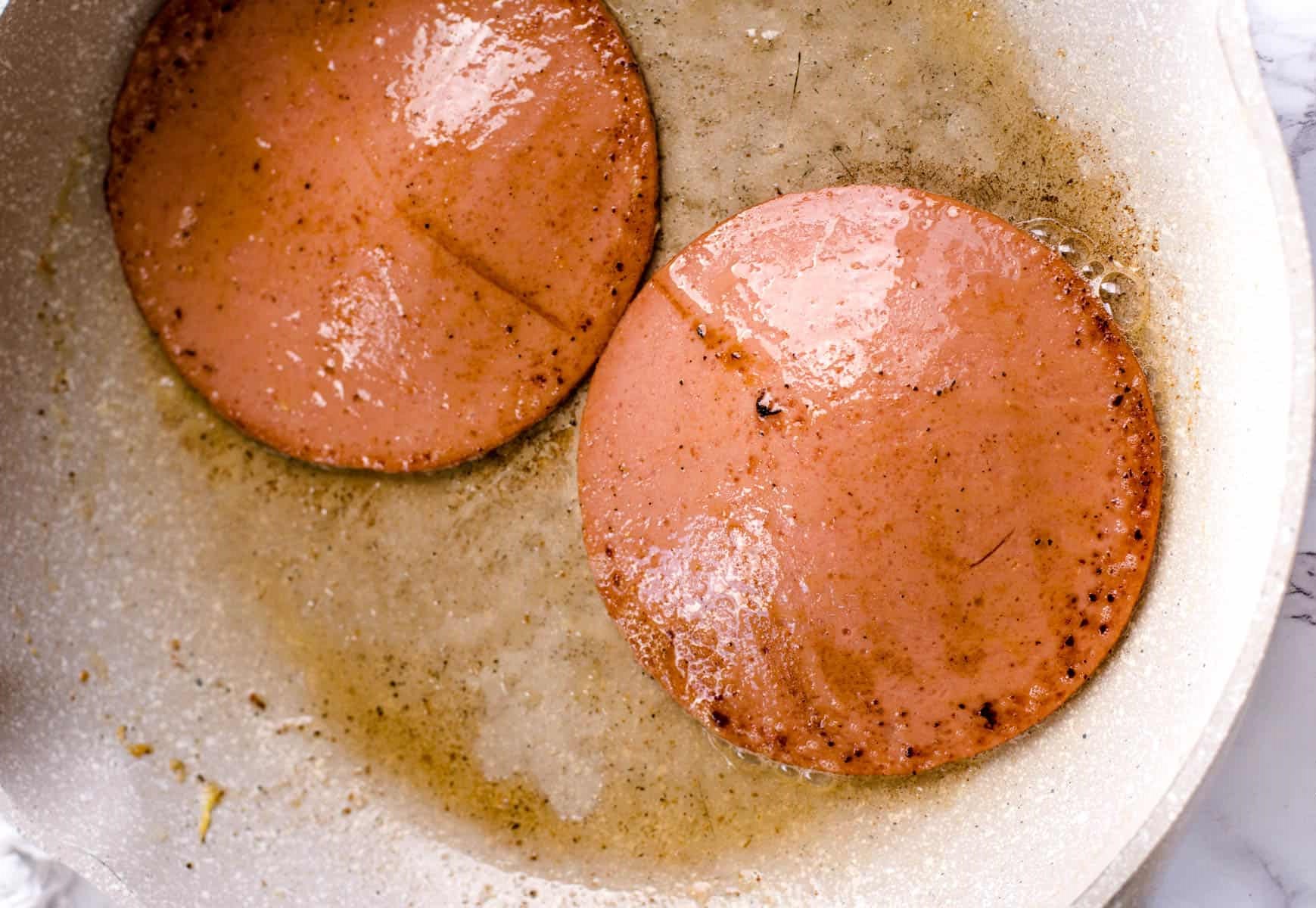
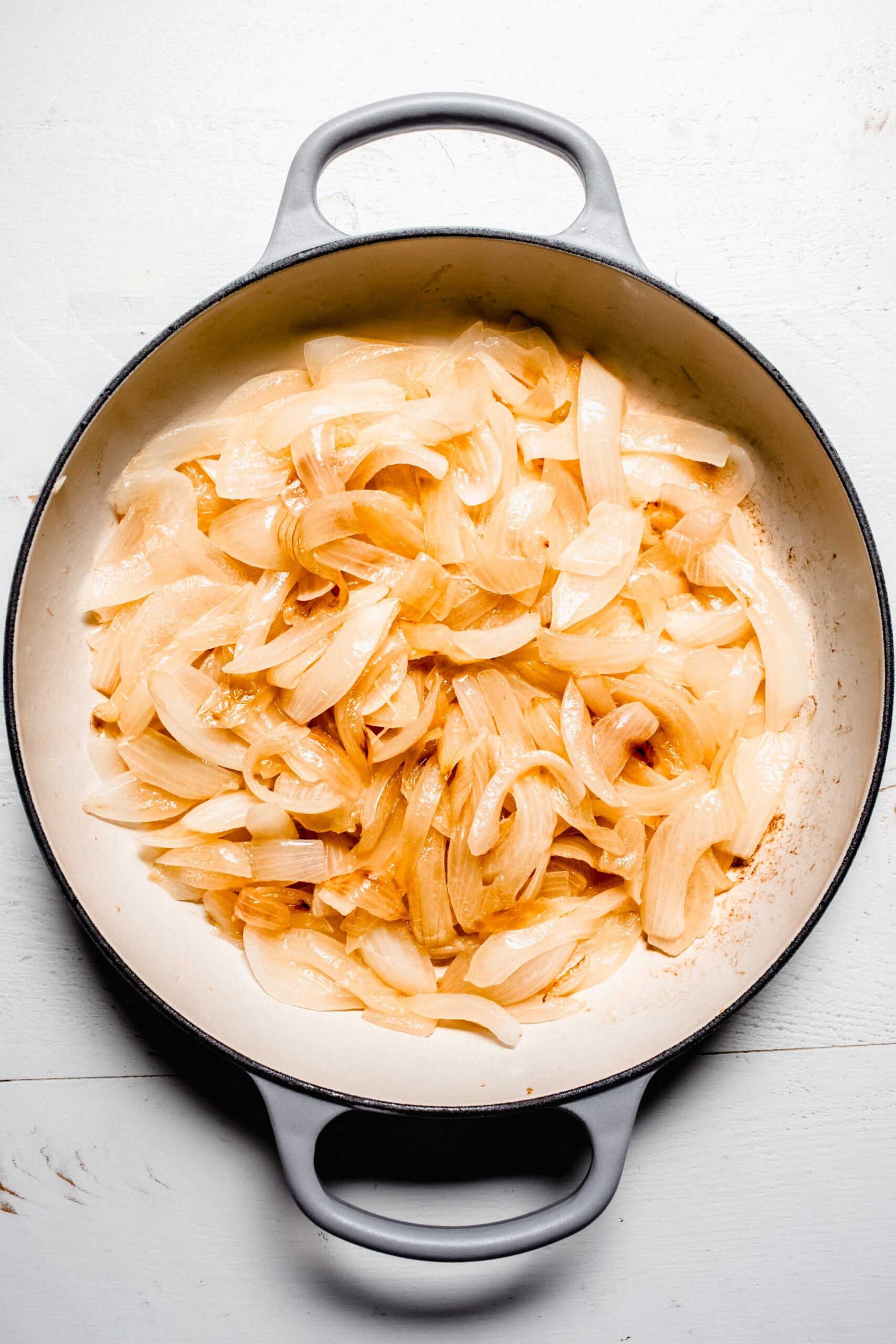
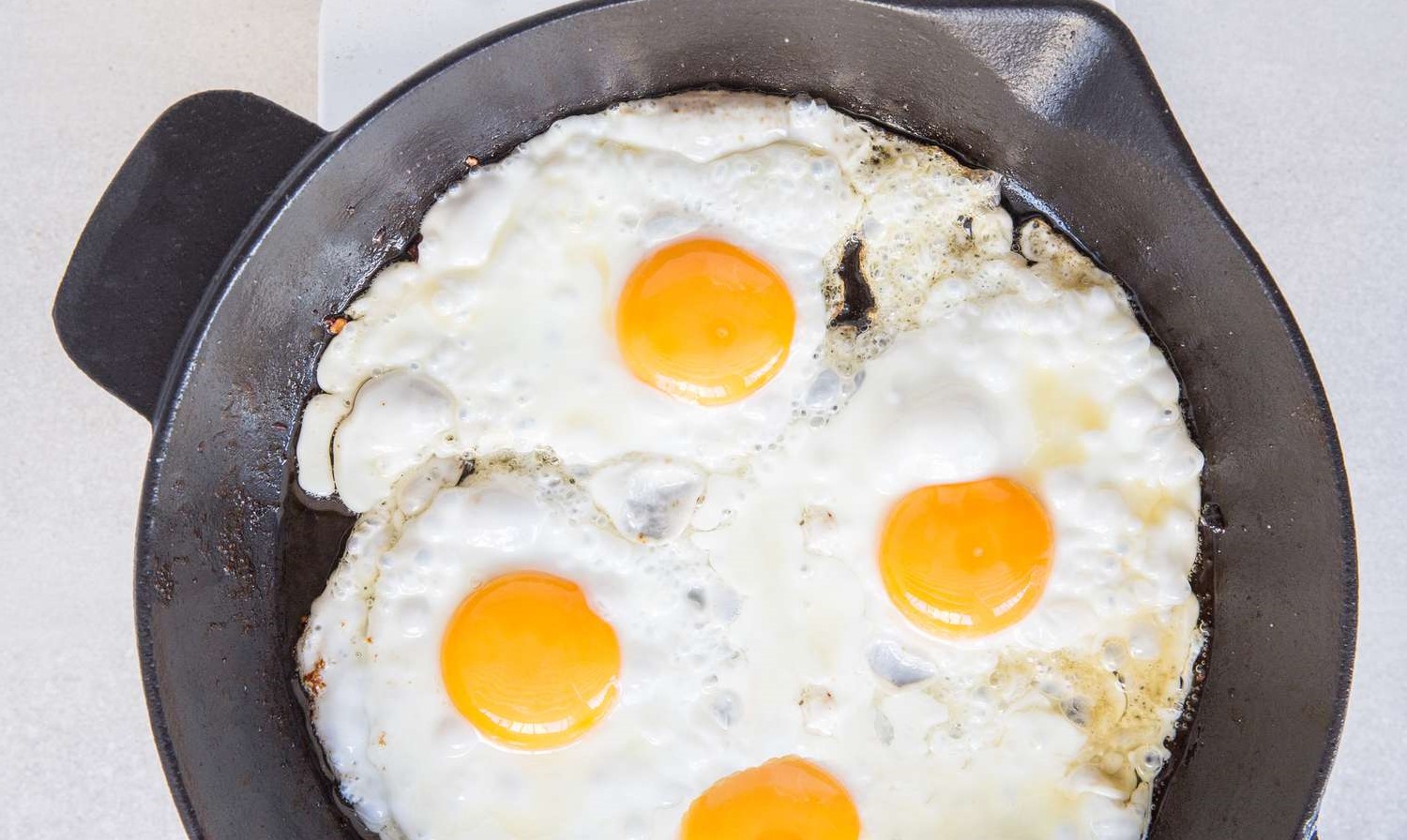
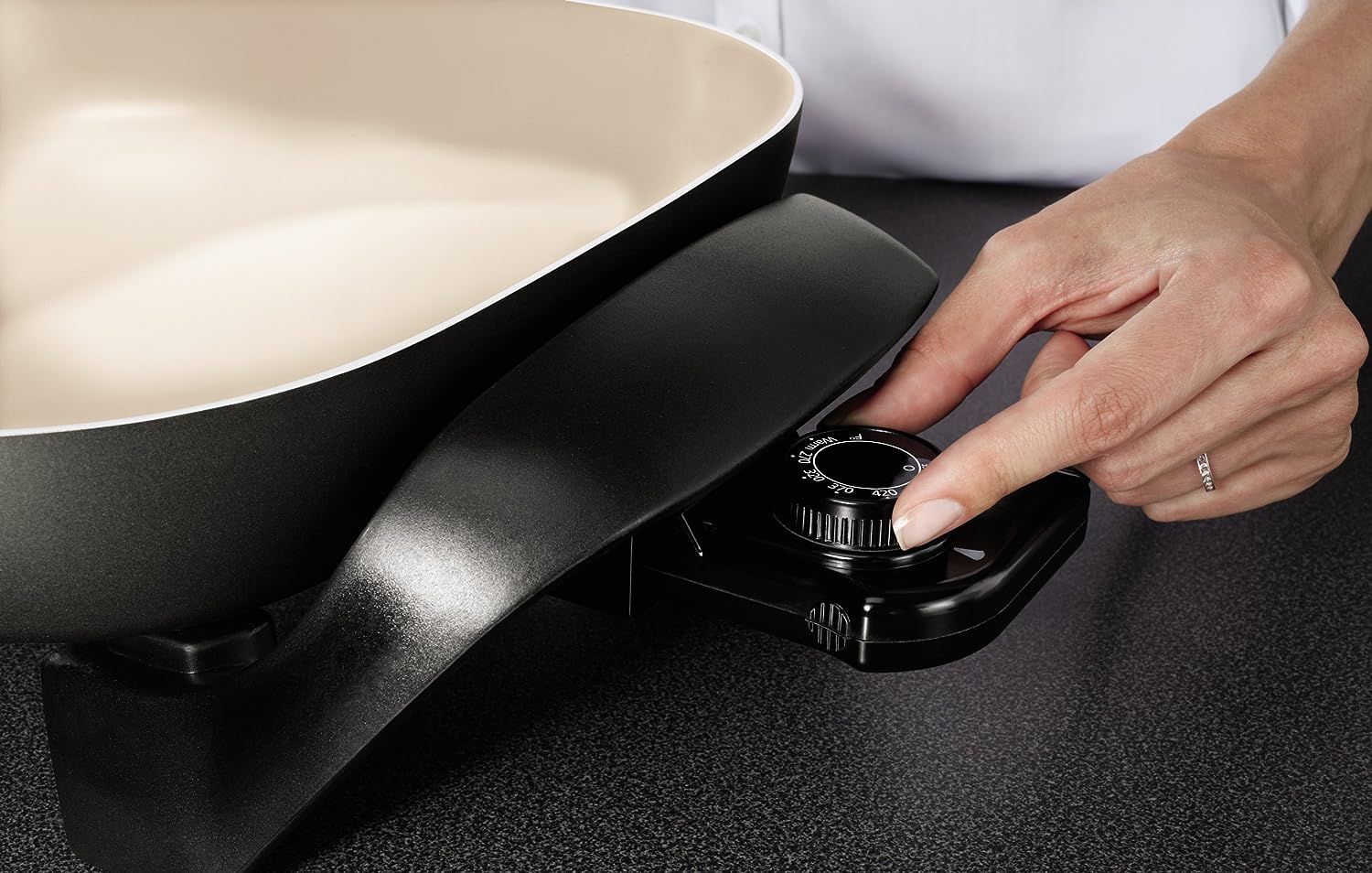
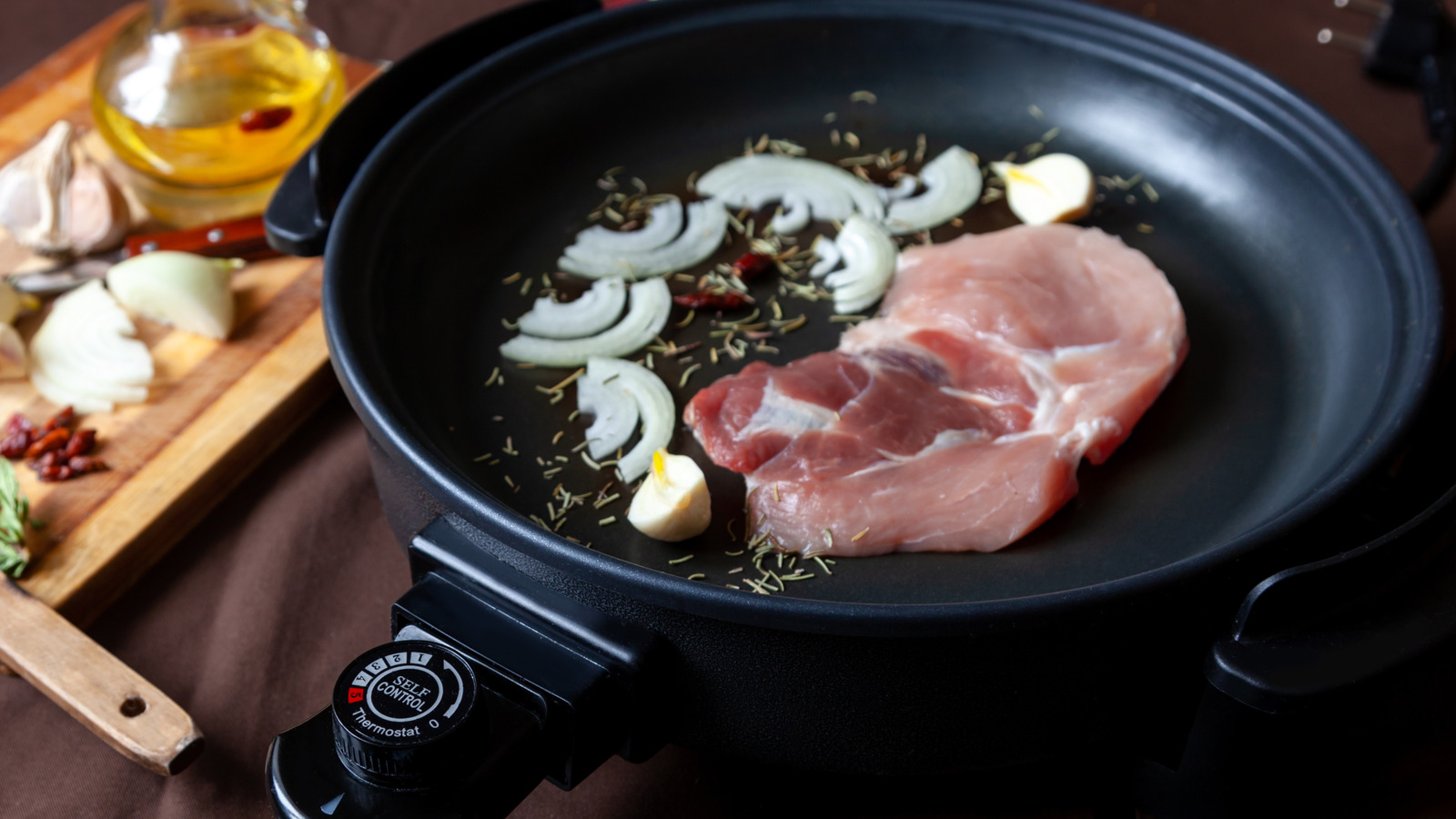
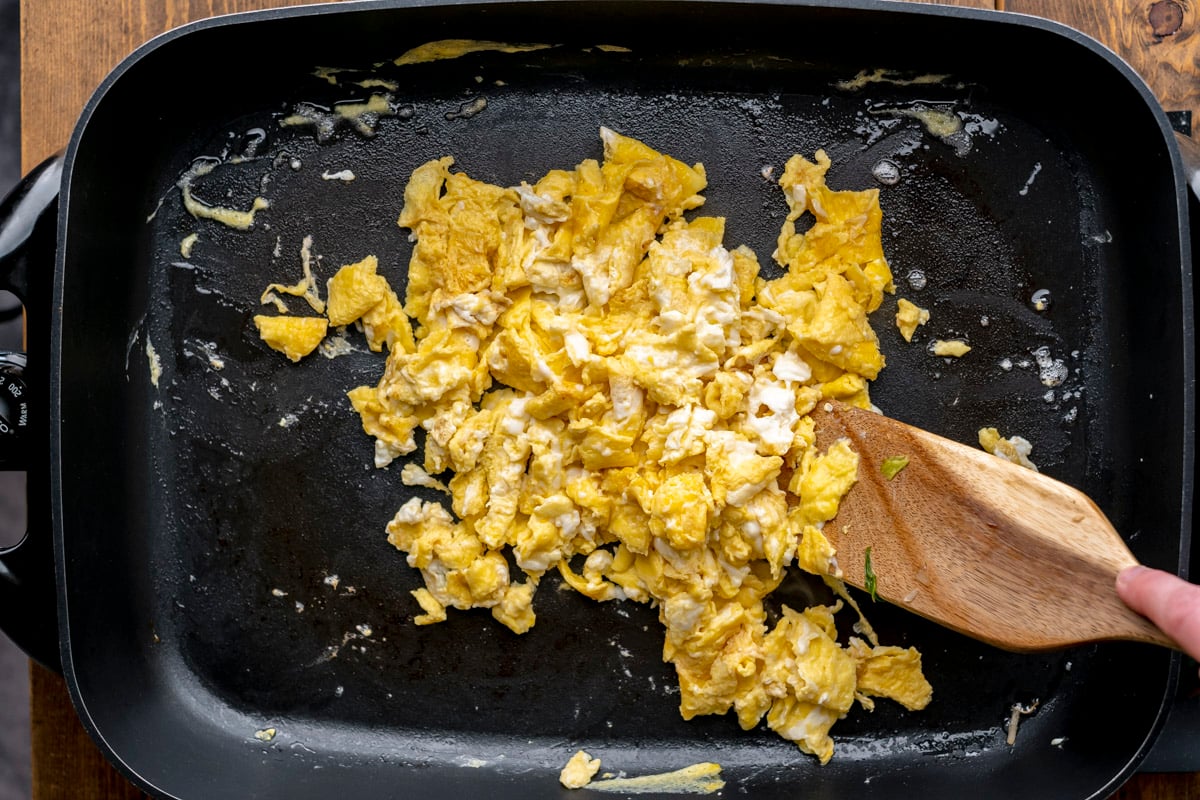
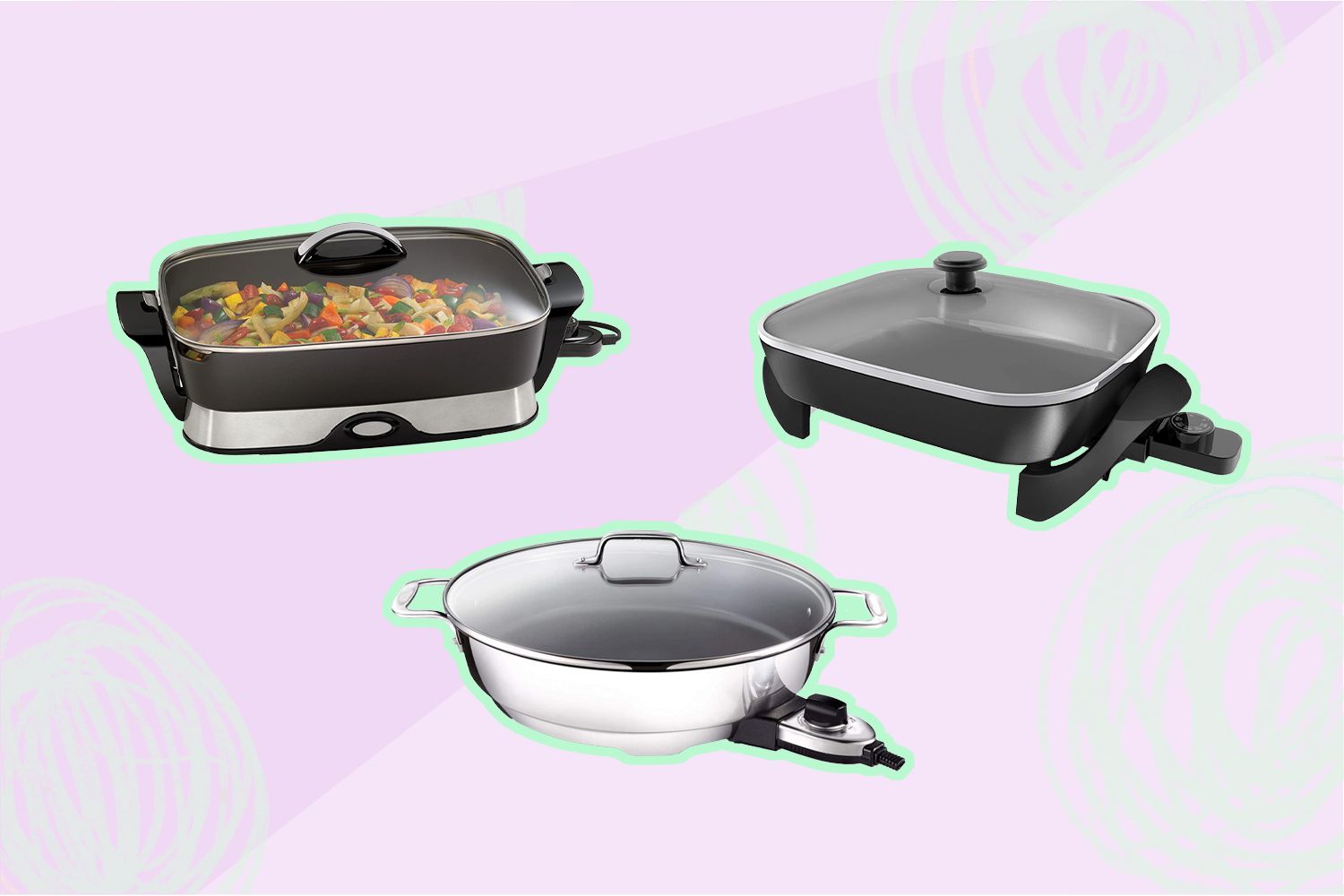
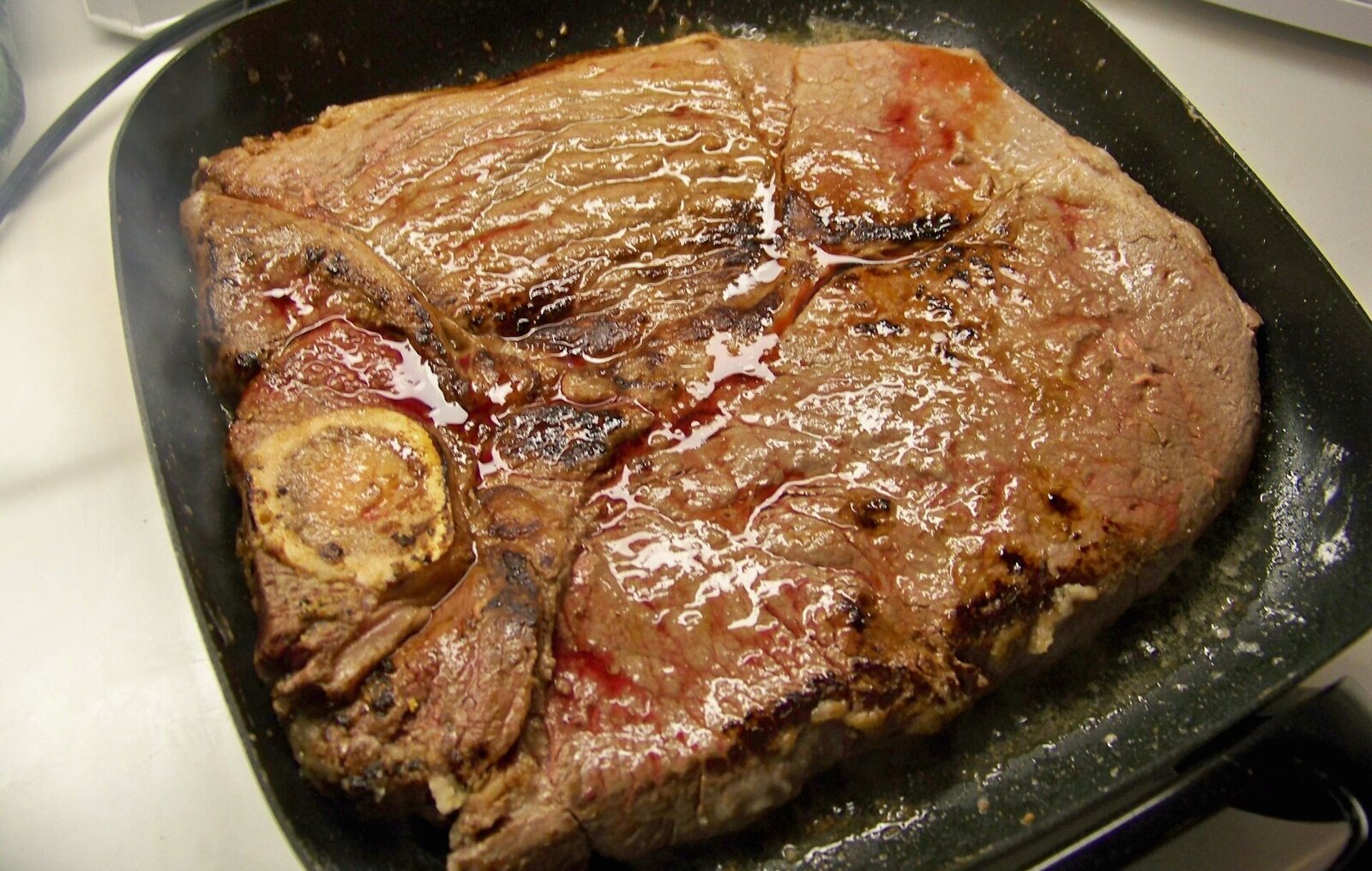
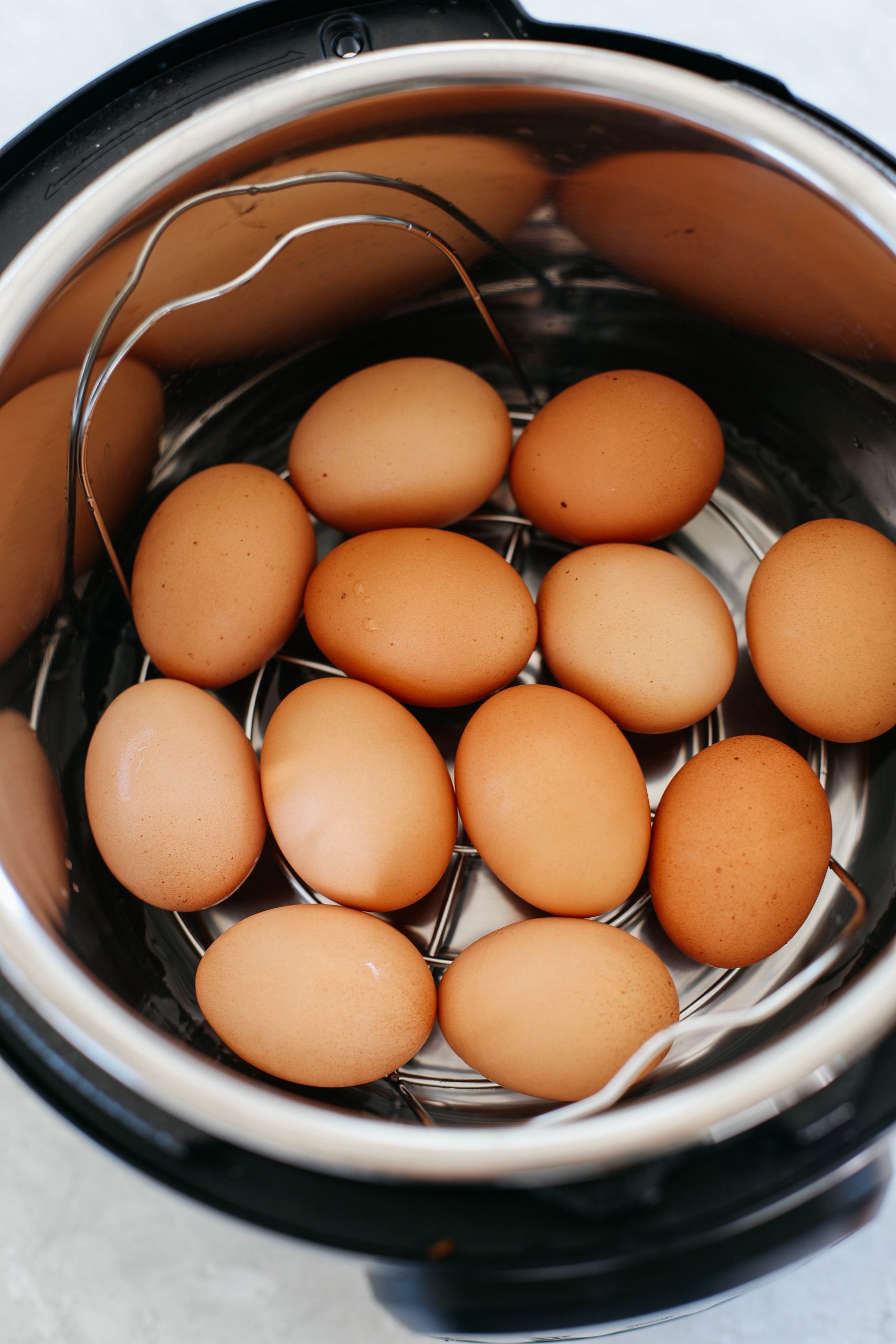


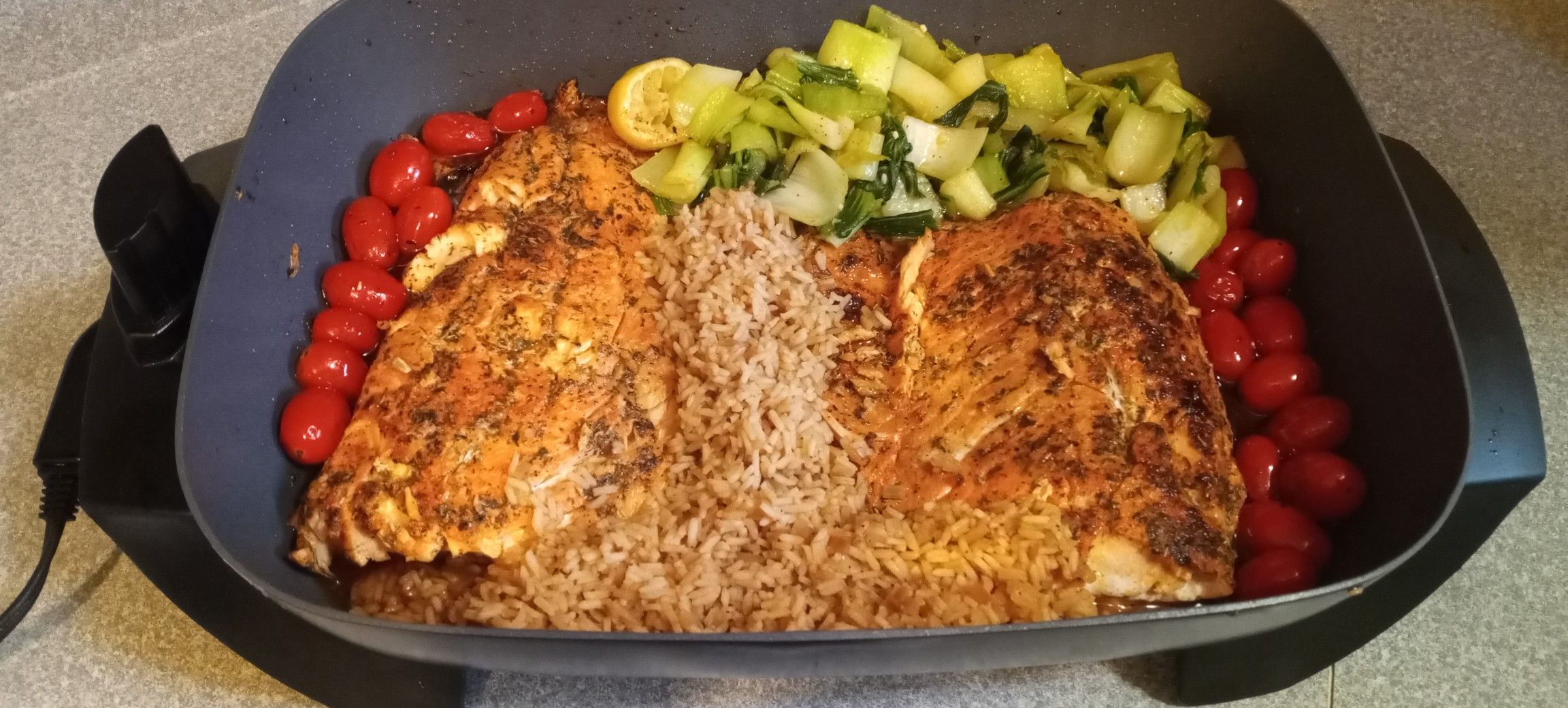

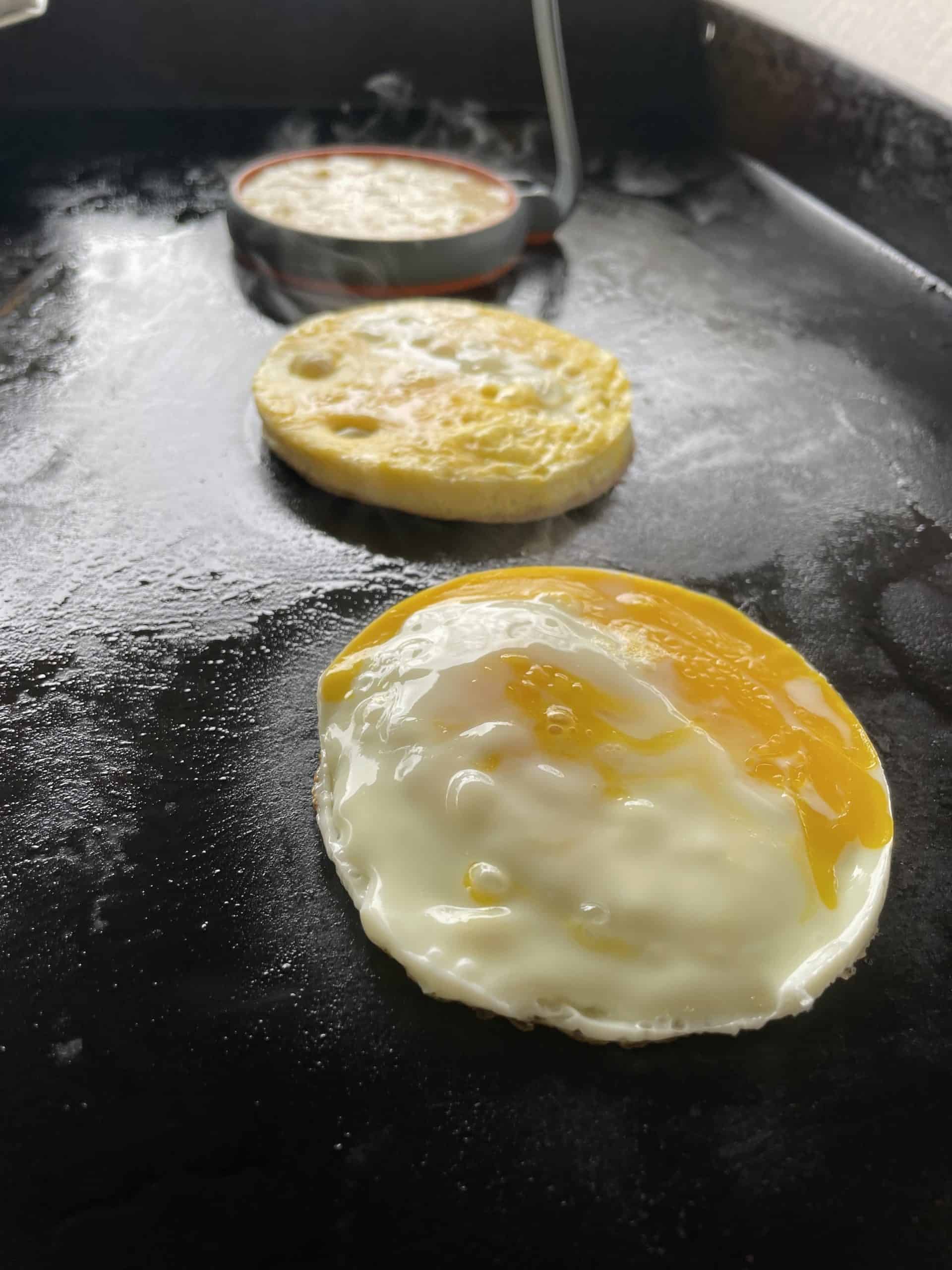
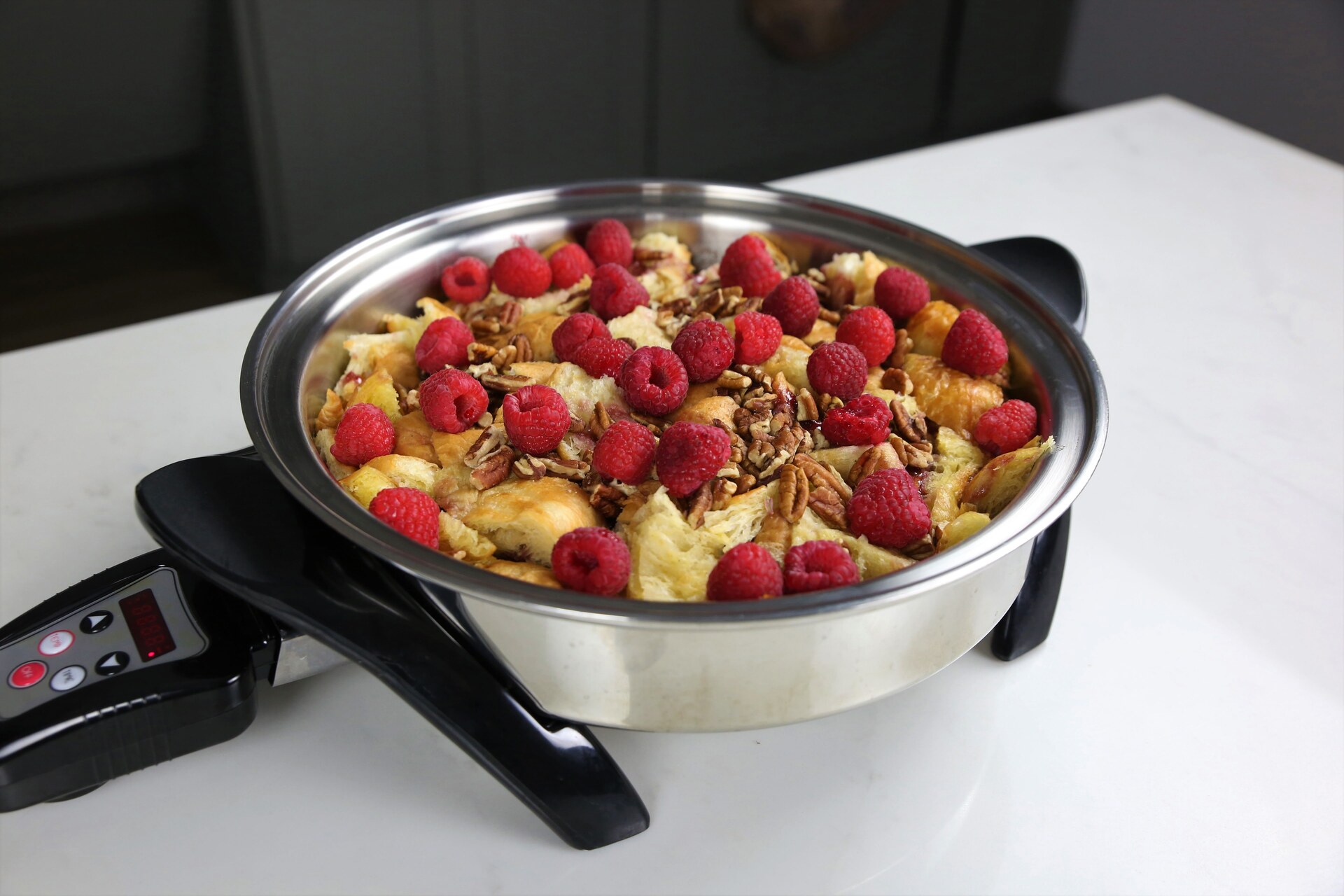

0 thoughts on “What Temp Should I Cook Eggs Electric Skillet”